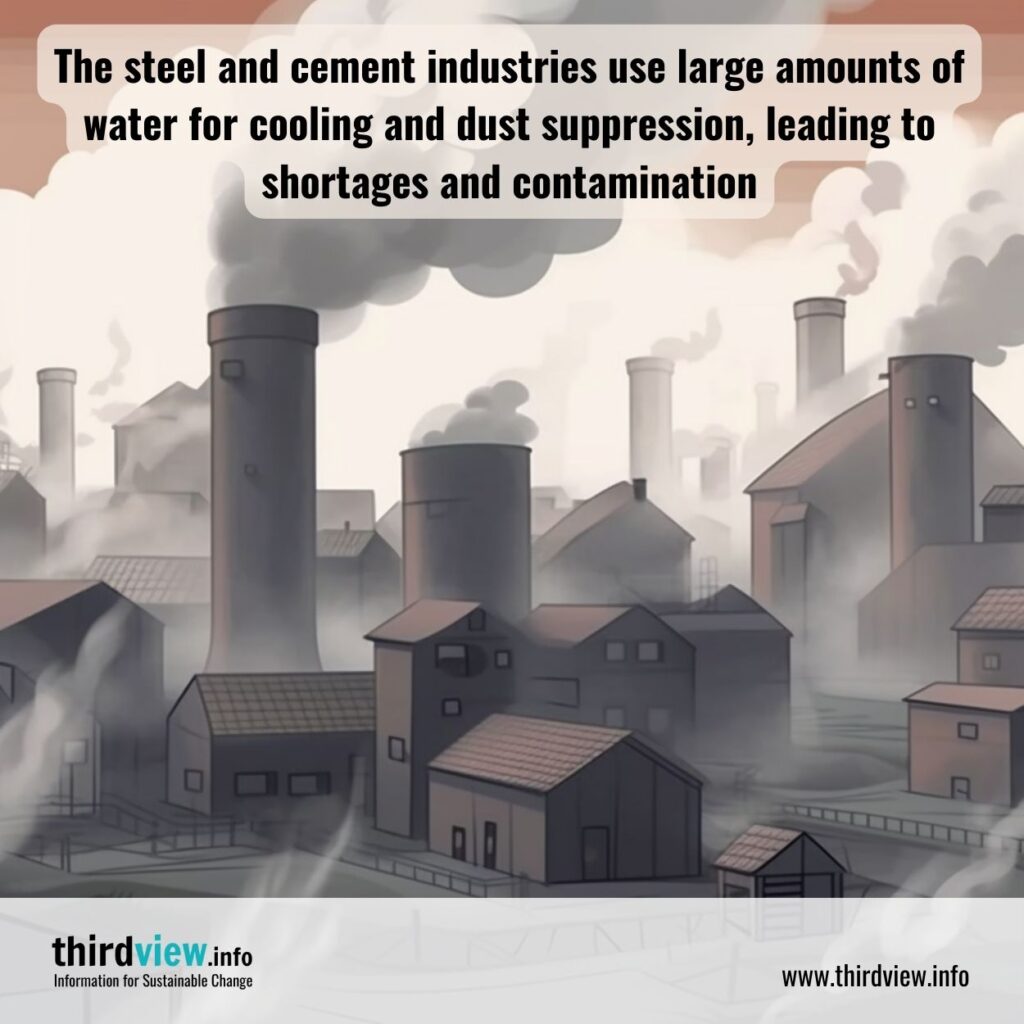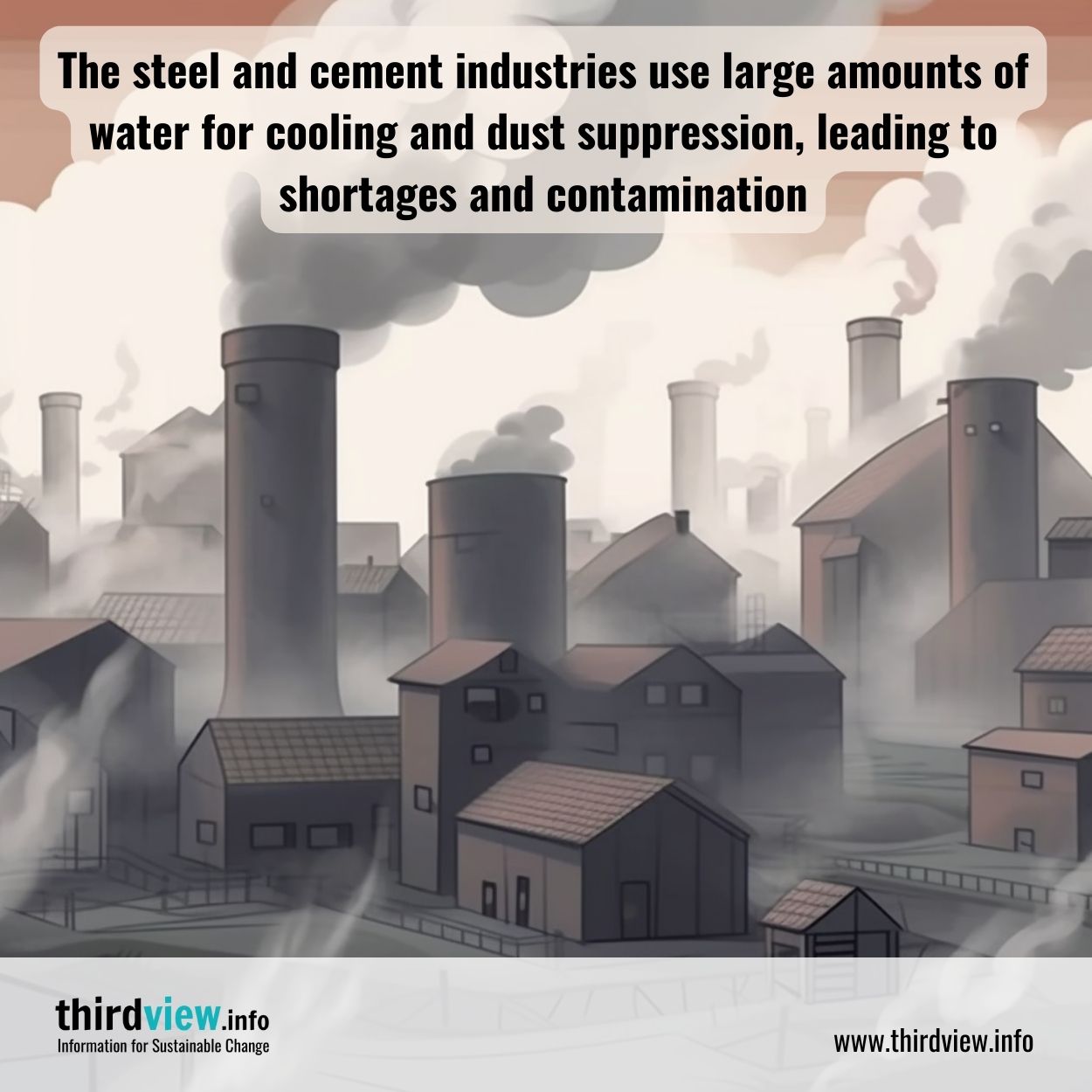The steel and cement industries are two of the most prominent producers of greenhouse gases, accounting for a significant portion of global emissions. But what about their effect on local ecosystems? This blog post will examine how these industries impact the environment in which they operate, both in terms of air quality and water resources.
Steel Production
The steel industry is one of the world’s leading sources of air pollution. Many steel production processes involve burning fossil fuels like coal, which produces large amounts of carbon dioxide that contribute to global warming. In addition, these processes emit other pollutants such as nitrogen oxides and sulphur oxides, which can cause respiratory illnesses in humans and harm local ecosystems.
Steel production also uses large amounts of water for cooling purposes. This can lead to water shortages in surrounding areas, as well as contamination due to heavy metals and other chemicals used in steel manufacturing processes. Furthermore, waste products from steel production, such as slag and ash, often contain hazardous materials that can be harmful to local wildlife if not disposed of properly.
Cement Industry
The cement industry is another major contributor to air pollution. Like steel production, it involves burning fossil fuels that release carbon dioxide into the atmosphere; however, it also emits large amounts of particulate matter (PM2.5) – tiny particles known to cause serious health issues such as asthma or heart disease when inhaled by humans or animals living near cement plants. Additionally, many cement plants use dry-process kilns that require high levels of energy consumption – another source of pollution that affects local ecosystems.
Cement production also requires huge amounts of water for cooling and dust suppression purposes; this can lead to shortages in surrounding areas and further strain already limited resources in some parts of the world. Moreover, many cement plants produce hazardous waste products like fly ash or slag which need proper disposal methods or else they could contaminate soil and groundwater with heavy metals or other toxic substances.
It is clear from this analysis that both the steel and cement industries have a significant impact on local ecosystems through their emissions and water usage habits. If these industries are allowed to continue operating without proper regulations in place, they could cause potentially irreversible damage to air quality and water resources around them – ultimately leading to long-term environmental degradation at a regional level. For this reason, it is essential that governments take steps now to ensure these industries are held accountable for their actions so we can protect our planet’s natural resources for future generations.


